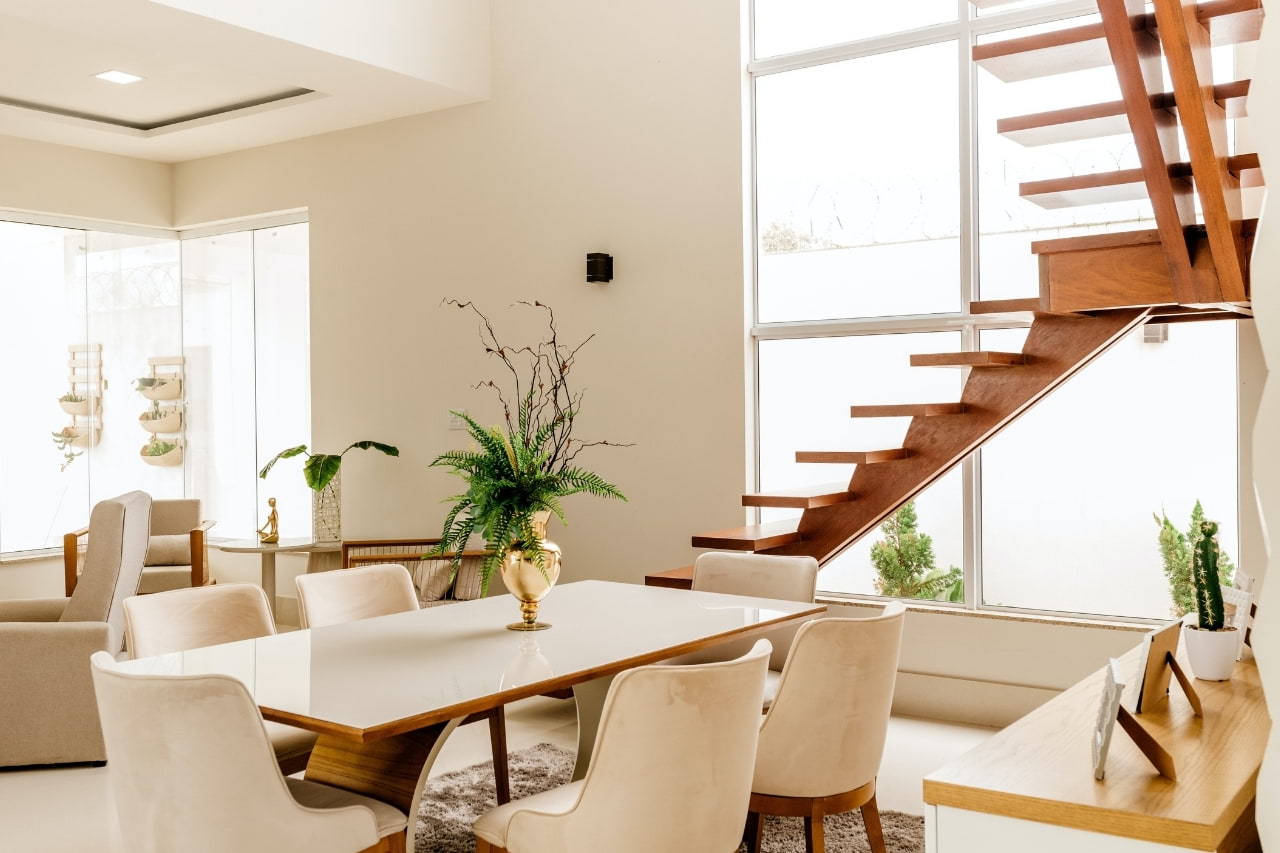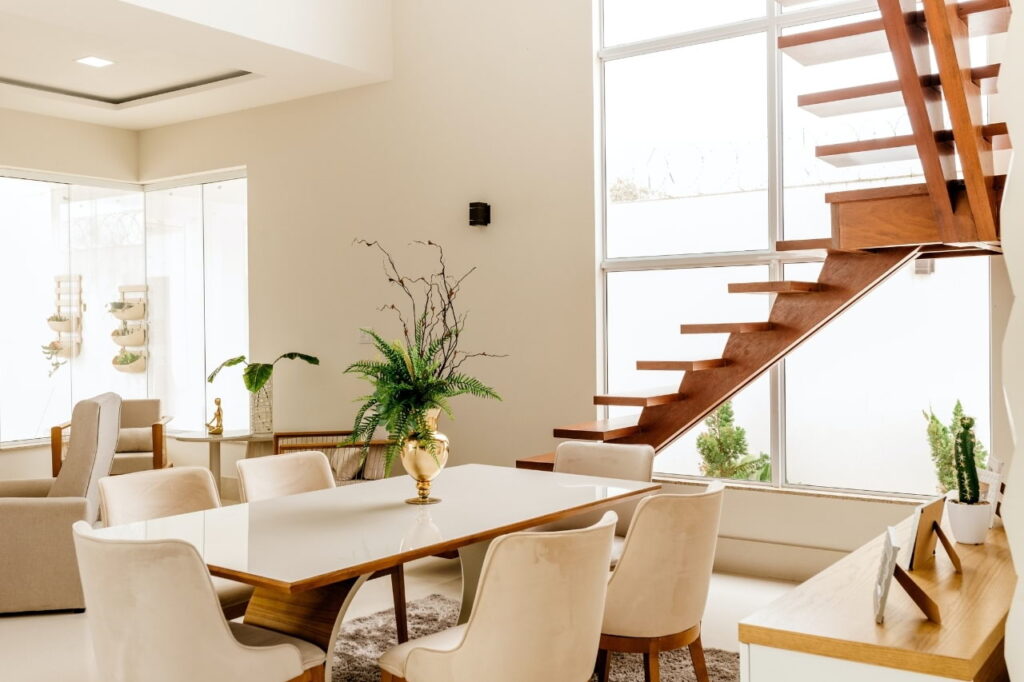There are numerous ways to lower your home insurance premium, and performing just a few simple tasks could potentially save you hundreds of dollars. Before you take out or renew a home insurance policy, check you are in the best position to receive a lower premium.
1. Increase Your Home Security
Insurers consider the risk of paying out for a claim when they set your home insurance premium. If you don’t have an alarm system or have outdated window and door locks, they may assume you have a greater chance of suffering a home break-in.
You don’t need to buy the most advanced system in the market, but it could pay to install a burglar alarm that contacts the police in the event of a disturbance.
2. Install Safety Systems
Fire damage is expensive to fix, so insurance companies like to know you have adequate safety systems in place. Smoke alarms can be crucial for early warning when there is a fire on your property, not only saving lives but also reducing the amount of damage to the house. Sprinkler systems could extinguish flames, or limit the damage until the fire department arrives.
3. Get Accurate Valuations of Your Possessions
The value of your possessions can have an enormous impact on your home insurance premium. However, something that cost $10,000 5 -years ago might only be worth half that amount now. Ask a professional for an accurate valuation of your most expensive possessions.
Standard homeowner policies don’t cover high-end items such as jewelry and artwork, so you pay more for extra protection. If you don’t need to pay a high price for these items at your next renewal, it could significantly lower your home insurance costs.

4. Review Rebuilding Costs
The price of your home is not the same as the rebuilding cost. Often the cost to rebuild a house that suffers damage beyond repair, such as in a fire or major storm, is considerably less than the price a buyer would pay to purchase the property.
Ask a professional for a rebuilding cost estimate, and use that figure when looking for a cheaper home insurance premium.
5. Reduce the Risk of Disaster Damage
Natural disasters can happen, and sometimes there is little you can do to limit the damage. However, there are some steps you can take to protect your home and potentially reduce structural damage during an adverse event.
Equipping your windows with storm shutters, having adequate guttering that drains away excess rain, and putting a slope on a flat roof can all help lessen the damage to your property.
There are also internal disasters that can wreak havoc on your property. A faulty plumbing system could result in collapsed ceilings or a gas tank that’s overdue its inspection could develop a leak. Keep your home systems and appliances up-to-date with safety checks, and ensure you fix any faults quickly.
6. Increase Your Deductible
Insurers are taking the majority of the risk with a home insurance policy, as the claims they pay can be expensive. The deductible is a way of lowering their exposure because it is the amount of money you pay towards a claim before the insurer covers the rest of the bill.
If you are confident you have a low chance of making a claim, then you can opt for a higher deductible. When a customer offers to pay more towards their deductible, the insurer knows you won’t want to make a claim, and they could significantly lower the premium they offer.
7. Talk to a Professional
Insurance can be a complicated area, but if you need to make a claim, you’ll be glad you took the time to take out the correct policy. A professional can help review your circumstances, and you could obtain a lower premium.

